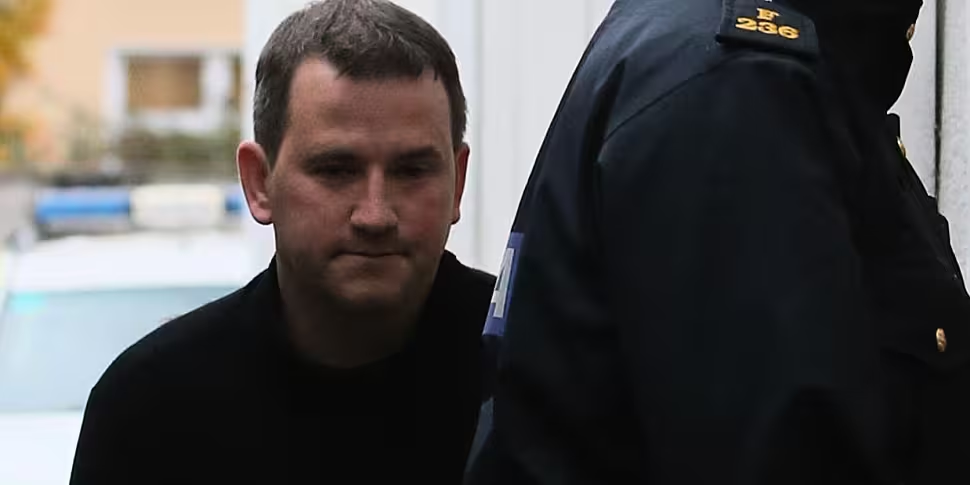The Supreme Court is planning to seek clarity from Europe on issues arising from an appeal on phone data retention and access.
The appeal was brought before the court last year, after convicted murderer Graham Dwyer won a significant legal challenge in 2018.
Mobile phone evidence played a crucial part in the successful prosecution of Graham Dwyer for the murder of Elaine O'Hara.
However, the High Court ruled in 2018 that the law which allowed his data to be retained and accessed by Gardaí breached European Union law.
The State appealed that decision, and said it could have major implications for how serious crimes are investigated going forward.
The Supreme Court has decided to refer a number of issues to the EU Court of Justice, before it delivers its final judgement.
BREAKING Supreme Court has decided to refer a number of issues to European Union Court of Justice in relation to Graham Dwyer’s case over the retention of his phone data and its subsequent access by Gardaí investigating the murder of Elaine O’Hara.
— Frank Greaney (@FrankGreaney) February 24, 2020
They include the indiscriminate nature of data retention, and the need for a robust access system
Chief Justice Frank Clarke believes the system is not good enough here in Ireland.
He said: "Even though universal limited retention of telephony data may be permissible in principle, nonetheless there must be a particularly robust access system in place which conforms with the case law of the Court of Justice which in turn specifies that there must be independent prior permission given for such access.
"I express the view that the Irish access regime does not meet that standard not least because of the fact that, albeit access permission is granted by a separate unit within the force, such permission is nonetheless granted from within An Garda Síochána so that there is insufficient independent review in advance of the need for access".
Referring it to Europe, Mr Justice Clarke said: "I am not satisfied that it can be said that the answer to any of the three questions on which I have just touched is acte clair in that sense.
"And in those circumstances it seems to me, and I so propose, that this court should make a reference on those issues to the Court of Justice under Article 267 of the Treaty on the Functioning of the European Union."
Both sides have been given until this day next week to consider the majority judgement and make whatever submissions they see fit.
Main image: Graham Dwyer pictured in October 2013 | Image: Niall Carson/PA Archive/PA Images
Reporting by Frank Greaney









